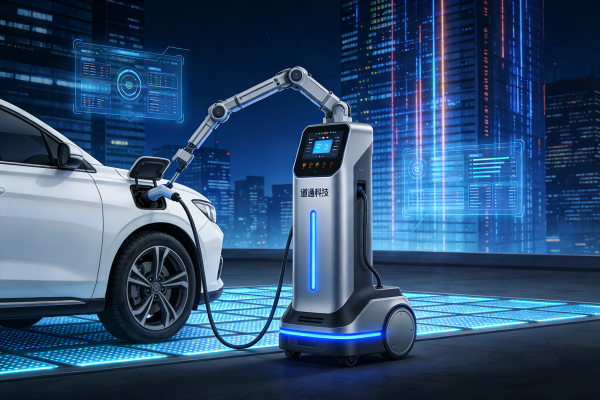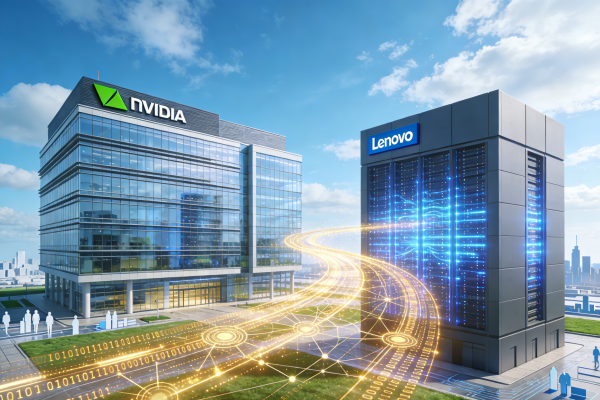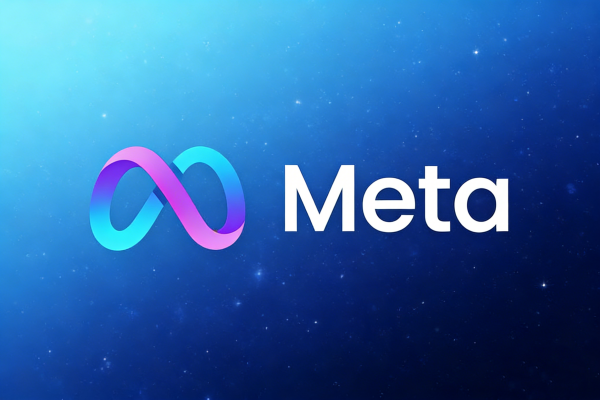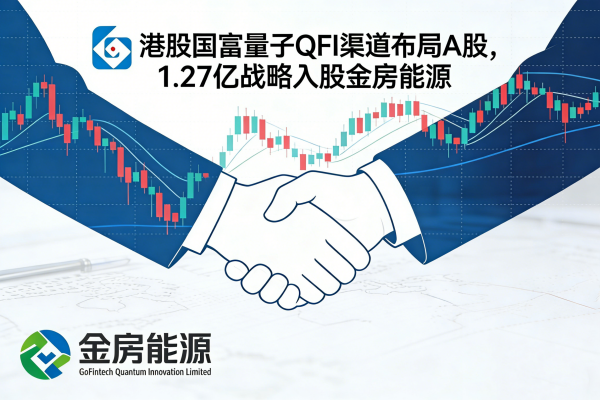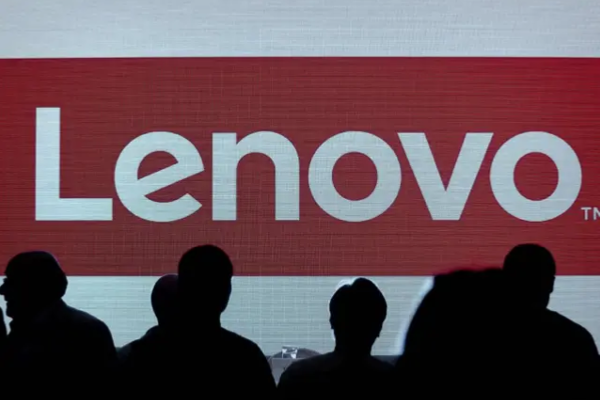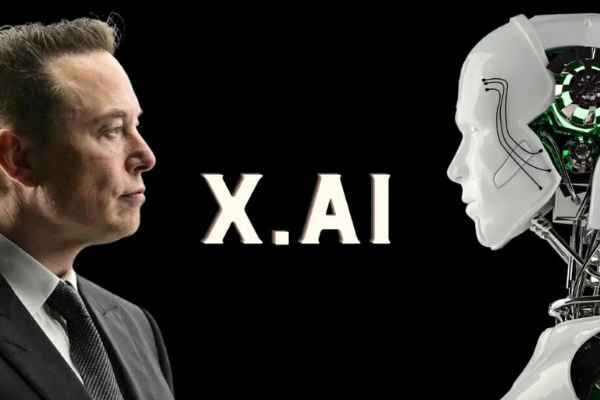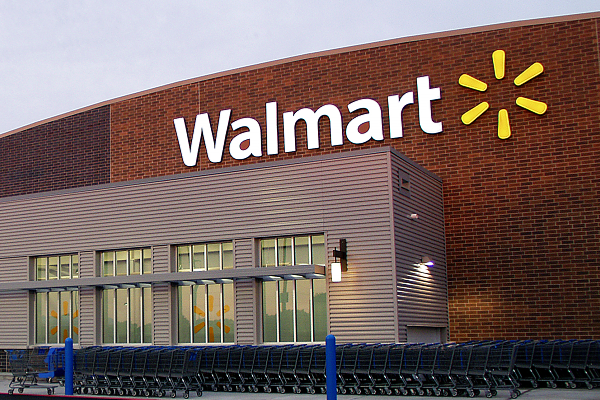Ethereum Rollup Scroll now allows users to exit independently, becoming the first project to achieve a decentralization milestone
Scroll says it has become the first Ethereum layer 2 to use zero-knowledge proofs and reach a critical stage of development, allowing users to issue transactions without relying on a central operator.
In a post on X, Scroll declared that the project had entered “Phase 1” of development, and touted its advances in security, scalability, and decentralization.
“While Scroll has always had a fully functional zero-knowledge proof system, users previously had to trust centralized sequencers to avoid censorship or downtime,” Scroll said. “That is no longer the case.”
According to the project, Scroll used to require users to trust a central system to process their transactions without blockages or delays — now, even if that system fails or censors, transactions can still go through.
Earlier this month, users voted to approve Scroll’s Euclid upgrade, which allows the system to keep running even if the main operator stops or tries to block user operations.
Rollups typically start in Phase 0, where the team has full control, then move to Phase 1, where smart contracts take over, but a security committee can step in, and finally to Phase 2, where the system runs entirely on code with no central authority.
If an operator blocks a user or shuts down, transactions can still be included and sent to Ethereum. This solves a big problem for tools like Scroll.
They need to create proofs for each set of actions, but these proofs are limited in size. If a user sends a sizable action, it could end up disrupting the entire system.
Scroll worked with Axiom, a project that helps smart contracts verify past blockchain data, to build a new tool called OpenVM that breaks large actions into smaller, provable parts.
Larger proofs are not at risk of failure, but "just take longer to prove," Scroll explained in its post.
To keep users safe, all system changes must be voted on and wait three days before they go live. This gives users time to back out if they don't like the changes.
The Euclid update established a 12-person security team, called the Security Council, which sets strict rules.
At least nine members must agree to anything, and at least seven of them must not work for Scroll. Only two councillors from Scroll are allowed to enter the council.
Despite the improvements, Scroll still has its fair share of problems. It launches in 2023, later than competitors like zkSync Era and Polygon zkEVM.
However, Scroll said it is now “looking forward” to Phase 2, which will limit the actions any one group can take in an emergency, even a security council.
